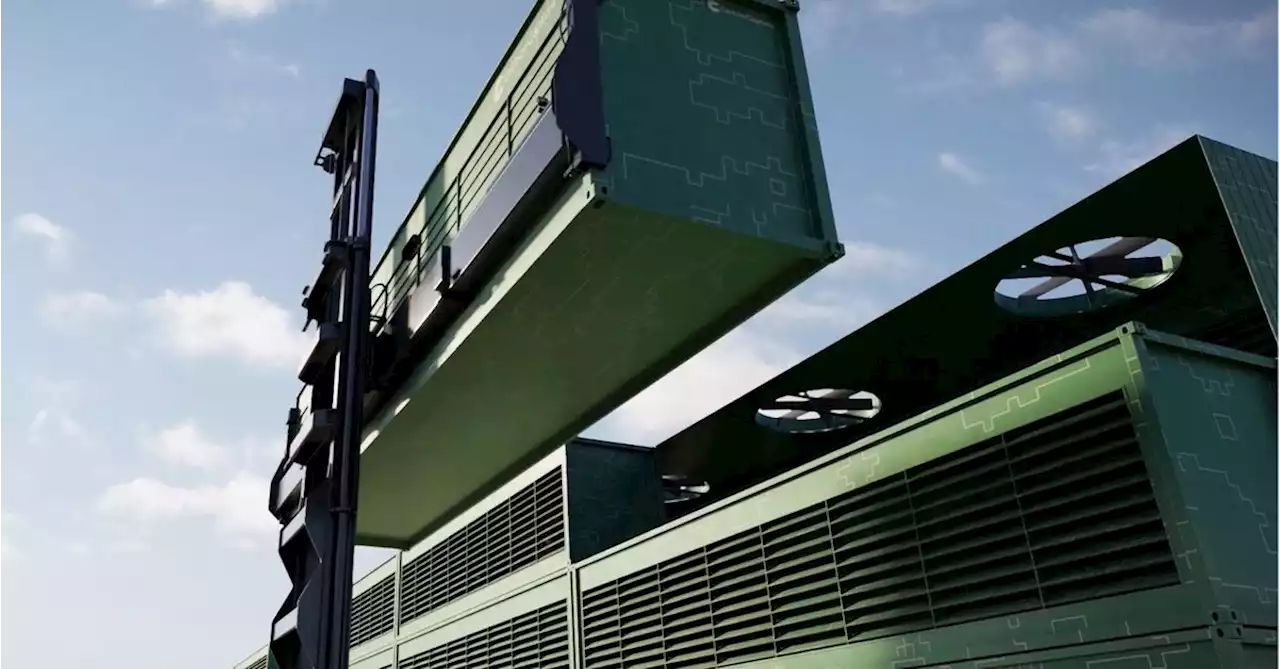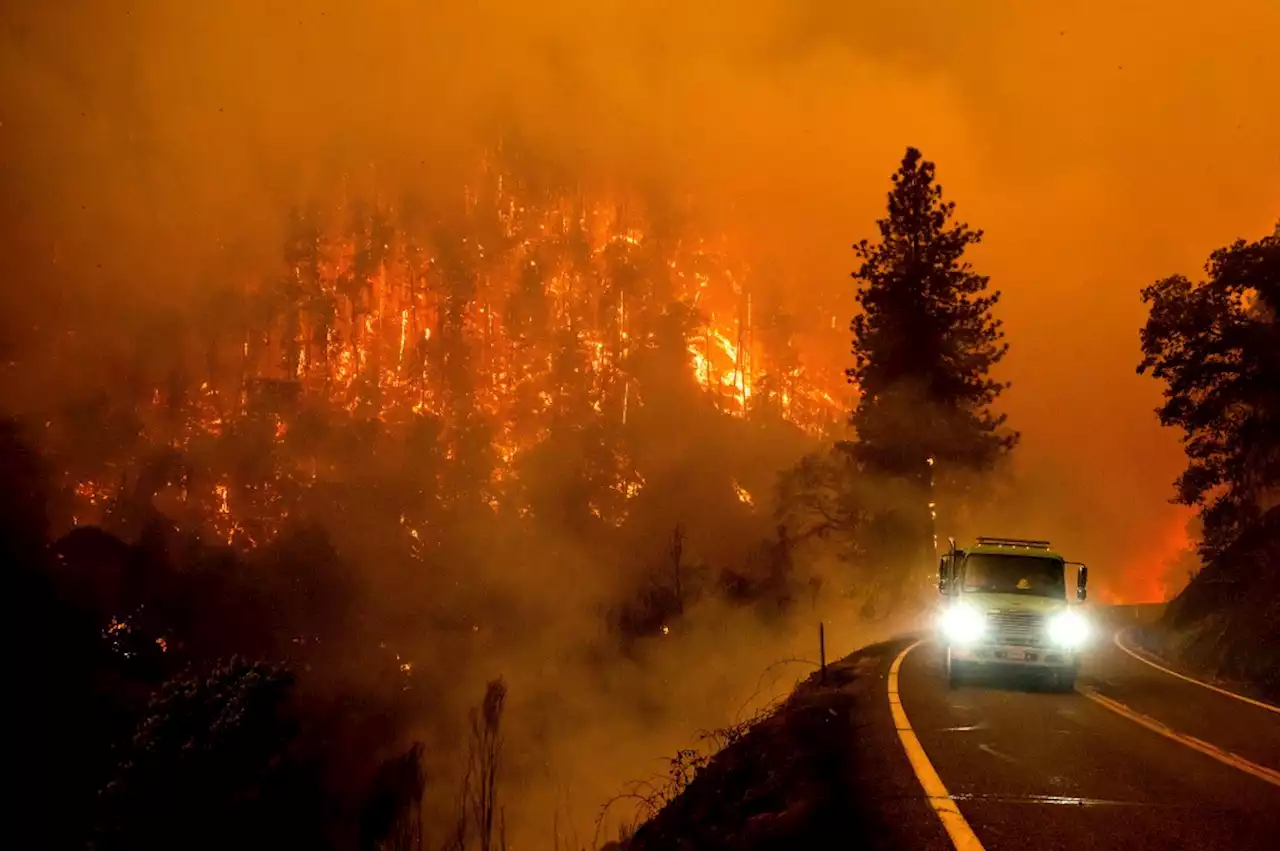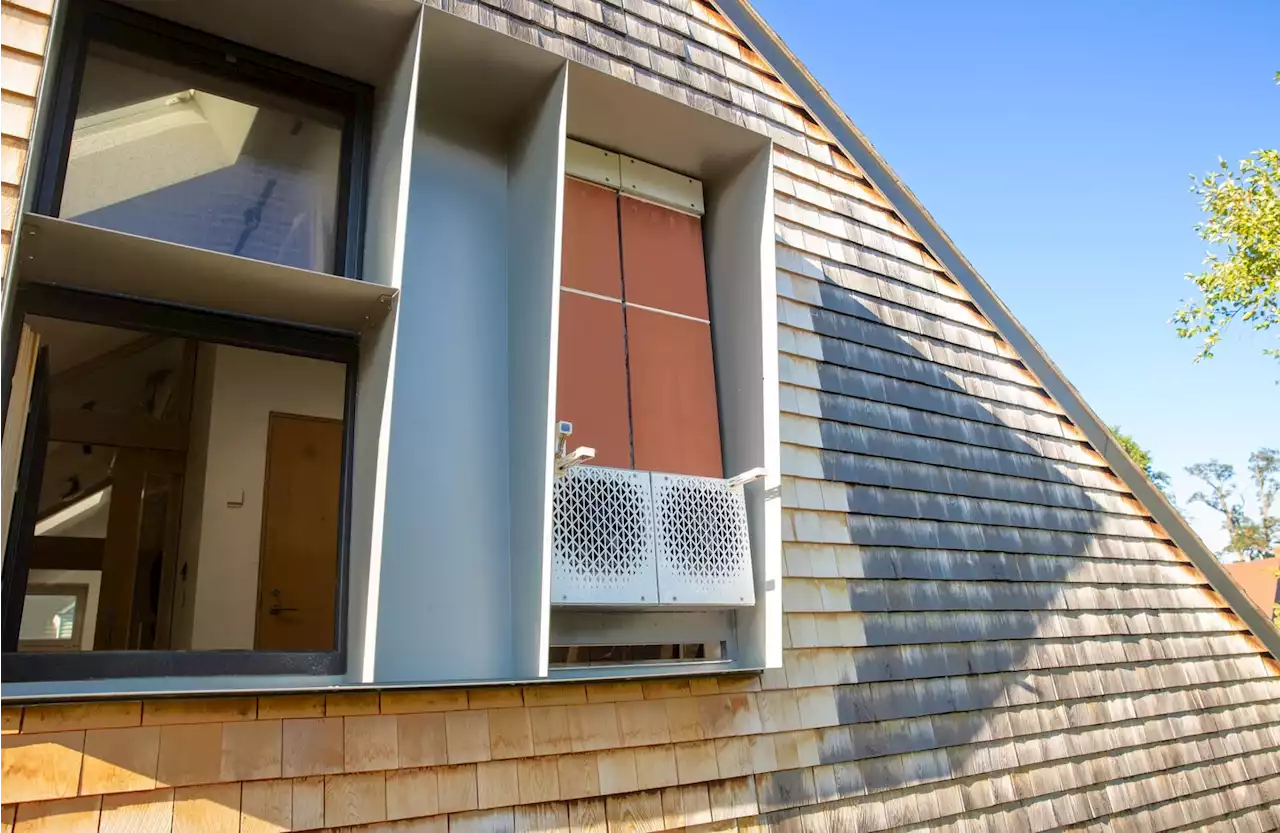Air conditioners are outdated. These are new options for a hotter future.
But unless air conditioning gets an efficiency revamp, all those ACs are going to put unprecedented strain on the electricity grid. Air conditioners and electric fans already account for approximately 10 percent of electricity consumption worldwide. On extremely hot days, AC efficiency drops, as the units have to work harder to move heat from indoors to outdoors. During a heat wave, millions of people come home and turn on their ACs at the same time, somewhere between the hours of 4 p.m.
The problem is that refrigerants can leak out of air conditioners, both during use and, more commonly, when the ACs are discarded. Early ACs were largely made with chlorofluorocarbons, or CFCs, which were responsible for one of the first truly global climate anxieties: the hole in the ozone layer. CFCs were phased out by the 1987 Montreal Protocol, an international treaty to counteract ozone hole depletion, and eventually replaced by hydrofluorocarbons, or HFCs.
And more advanced models are just around the corner. Kalanki was one of the leaders of an initiative at RMI known as the Global Cooling Prize, which rewarded manufacturers who could produce affordable AC prototypes that would be at leastbetter for the climate than existing models. Two companies received the prize in tandem: Gree Electric Appliances and Daikin Industries.
Ultimately, he added, the government needs to set stricter performance standards for air conditioners so thatACs on the market — not just higher-end ones — are efficient and safe for the planet. “There are regulations in place to set the floor for air conditioners,” he said. “But that floor is a bit too low.”
Norge Siste Nytt, Norge Overskrifter
Similar News:Du kan også lese nyheter som ligner på denne som vi har samlet inn fra andre nyhetskilder.
Barnyard breakthrough: Researchers successfully potty train cowsScientists have accomplished what many thought impossible: They’ve taught nearly a dozen calves, which normally pee and poop at random, to “hold it” and urinate in a specific location. ScienceMagArchives
Les mer »
 EXCLUSIVE New law helps U.S. firm launch Wyoming direct air carbon capture projectA Los Angeles-based company kicked off on Thursday what it said will be the first large-scale direct air capture (DAC) project to capture and store 5 million tons of carbon dioxide per year by 2030, benefiting from new U.S. government incentives.
EXCLUSIVE New law helps U.S. firm launch Wyoming direct air carbon capture projectA Los Angeles-based company kicked off on Thursday what it said will be the first large-scale direct air capture (DAC) project to capture and store 5 million tons of carbon dioxide per year by 2030, benefiting from new U.S. government incentives.
Les mer »
 Opinion: Fight 21st-century wildfires with 21st-century technologyFirefighters don’t always have the best tools and new technology available, often for budgetary reasons.
Opinion: Fight 21st-century wildfires with 21st-century technologyFirefighters don’t always have the best tools and new technology available, often for budgetary reasons.
Les mer »
 Museum at FIT Honors Maria Grazia Chiuri With 2022 Couture Council Award for Artistry of FashionMore than 350 Ladies Who Lunch — and a few men too — pulled out their finest Dior ensembles to honor Maria Grazia Chiuri.
Museum at FIT Honors Maria Grazia Chiuri With 2022 Couture Council Award for Artistry of FashionMore than 350 Ladies Who Lunch — and a few men too — pulled out their finest Dior ensembles to honor Maria Grazia Chiuri.
Les mer »
 Southern California’s history of using backyard incinerators to dispose of trashBy the 1940s, air pollution in the LA basin, Orange County, and the Inland Empire had become a major problem, and health officials were looking for the source.
Southern California’s history of using backyard incinerators to dispose of trashBy the 1940s, air pollution in the LA basin, Orange County, and the Inland Empire had become a major problem, and health officials were looking for the source.
Les mer »
 New Parkinson's Test Developed Thanks to Woman who Could Smell the DiseaseScientists have unlocked a test to help diagnosis patients with Parkinson's disease thanks to woman with a rare condition.
New Parkinson's Test Developed Thanks to Woman who Could Smell the DiseaseScientists have unlocked a test to help diagnosis patients with Parkinson's disease thanks to woman with a rare condition.
Les mer »
